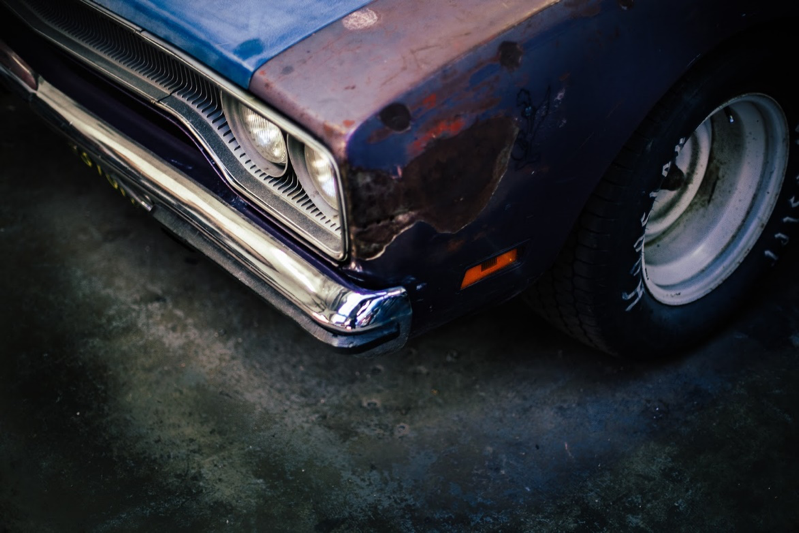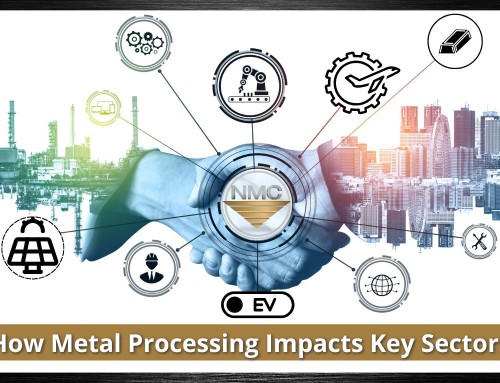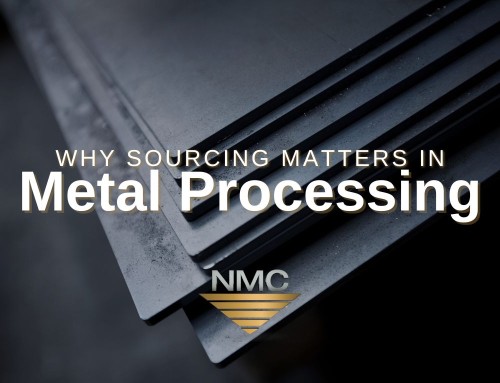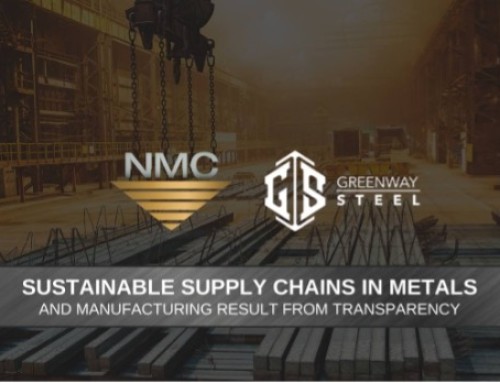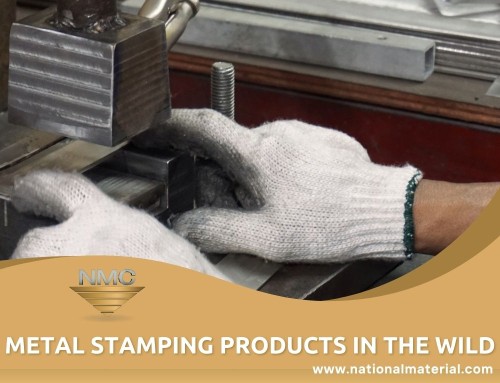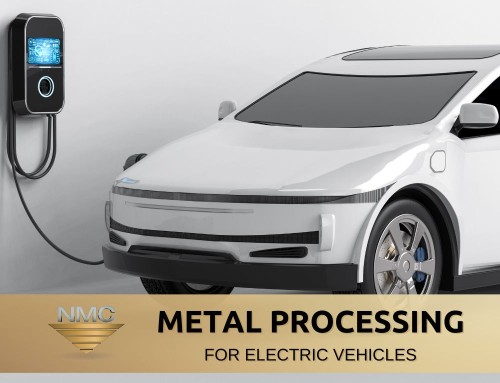Galvanized steel is among the most popular and useful steels due to its durability, cost effectiveness and, most importantly, its rust-resistant qualities. But galvanized steel wasn’t always in high demand.
In the early 1990’s, steel was consistently the go-to material in automobile manufacturing, but public demand for corrosion-resistant steels in the North American market hadn’t become wide enough for manufacturers to begin implementing it.
In fact, it wasn’t until the late 1980’s, when the Japanese began importing automobiles with anti-corrosion features, that Western markets would discover the advantage of the material. Galvanized steel was indispensable in Japan, a country with a coastal environment that created heavier levels of oxidation and rust.
At the time, North American made vehicles were experiencing severe durability issues due to rust – a serious issue that (quite literally) couldn’t be solved by just throwing on another coat of paint.
Western automakers had developed specific standards for their warranties which further exacerbated the problem of switching to galvanized steels, as its implementation into processing lines would take serious time and money. However, forced to compete, they began to make the transition.
This important switch led to the use of electrogalvanizing lines.
“Electrogalvanizing is a process in which a layer of zinc is bonded to steel in order to protect against corrosion. The process involves electroplating, running a current of electricity through a saline/zinc solution with a zinc anode and steel conductor. The plating of zinc was developed at the beginning of the 20th century. At that time, the electrolyte was cyanide based. A significant innovation occurred in the 1960s, with the introduction of the first acid chloride based electrolyte…The 1980s saw a return to alkaline electrolytes, only this time, without the use of cyanide.” (Source: Wikipedia)
Going into the mid 90’s, electrogalvanizing was the only process that was approved for automotive quality; but automakers had set their sights on another way to galvanize steel – hot dip galvanization. This technique was being used in other markets, but hadn’t yet reached the level of quality necessary for automobiles. That is, until the 1990’s.
Nowadays, the use of zinc-coated bodies for automobiles is standard procedure in auto manufacturing. The ‘body-in-white’ of a car makes up about 80% of the body, all using galvanized steel. The rust resistance of galvanized steel is also a good marketing tool for the automotive industry because they can provide anti-rust warranties to customers.
What are the Benefits of Galvanized Steel?
There’s a reason so many different industries utilize galvanized steel. It has a wide array of benefits for industries to take advantage of, including:
- Low initial cost compared to most treated steels.
- Lower maintenance costs than most coated steels (saves time on repairs and replacements).
- Increases durability of the steel’s finished product which also increases the product’s reliability.
- Galvanized steel is very protective, including sharp corners and recesses that couldn’t be protected with other coatings, making it resistant to damage.
- Self-healing, meaning the galvanized coating includes an automatic protection for damaged areas. The coating will corrode preferentially to the steel, creating a sacrificial protection to the areas that are damaged.
- Galvanized steel is immediately ready to use when delivered. It does not require additional preparation of the surface, inspections, painting/coatings, etc.
NMC is proud to offer the highest quality galvanized steel coated with zinc to create a long-lasting corrosion and rust-resistant alloy. For more information, visit our ‘Galvanized Steel’ page or our National Galvanizing website. National Material Company continues to further increase our leadership position in the domestic and international steel industry by providing the highest quality products you need to ensure the success of your next project.
About National Material L.P. – With more than 3,000 employees from a multinational portfolio of companies, NMLP provides engineered metal products, which include aluminum extrusion and stainless steel rolled product companies, to automotive, aerospace, construction, defense, electrical, and industrial markets.
Visit National Material: https://www.nationalmaterial.com or call (U.S.) 847-806-7200, Diana Pulido.

